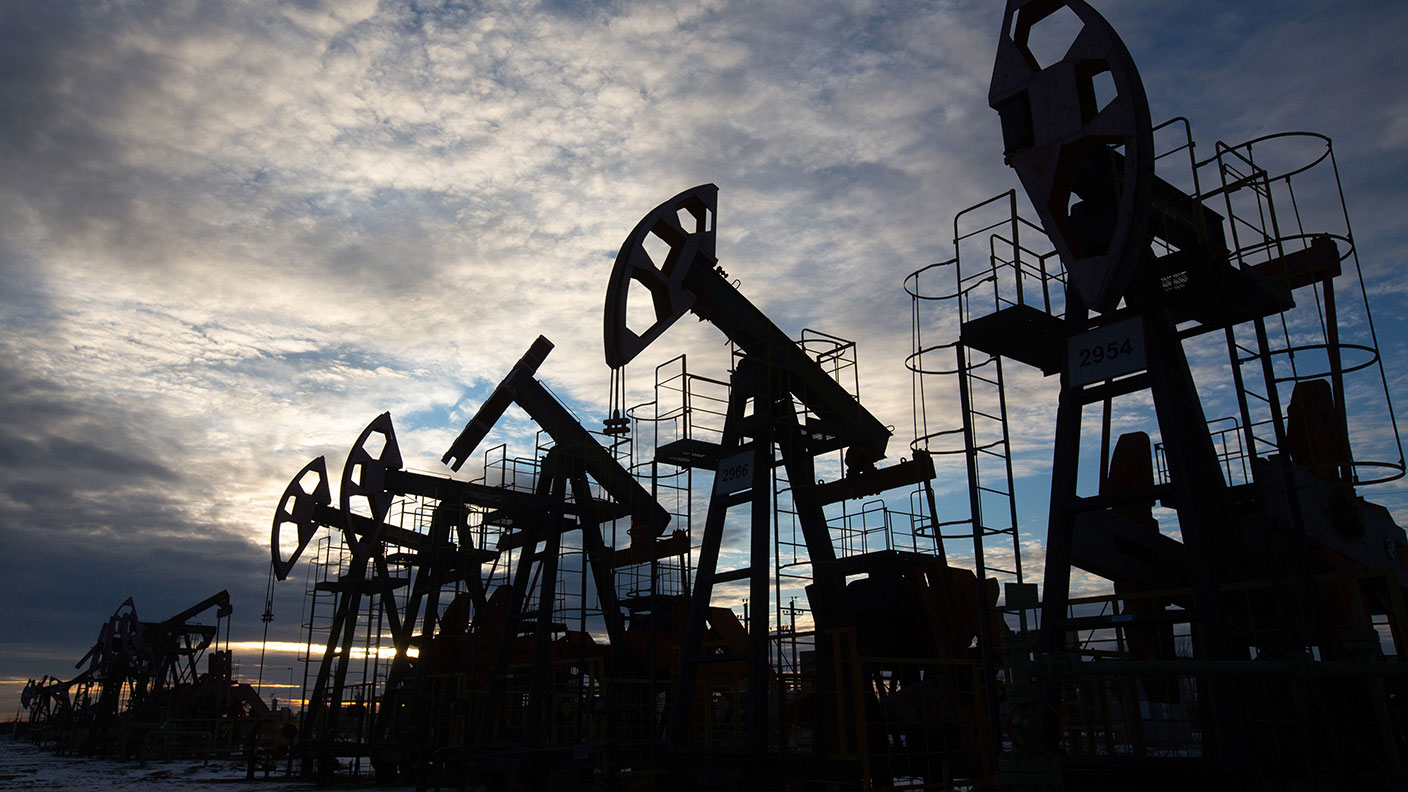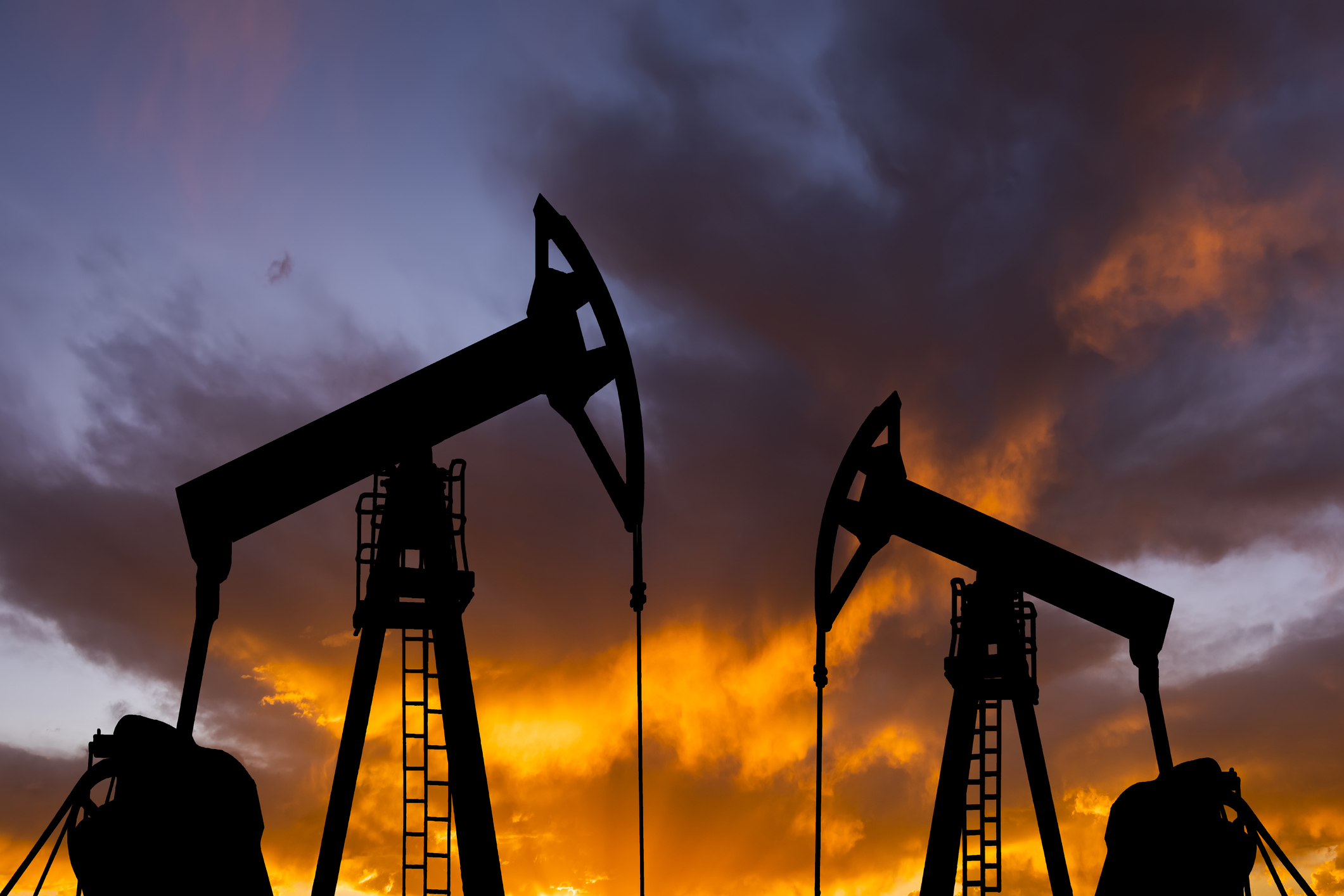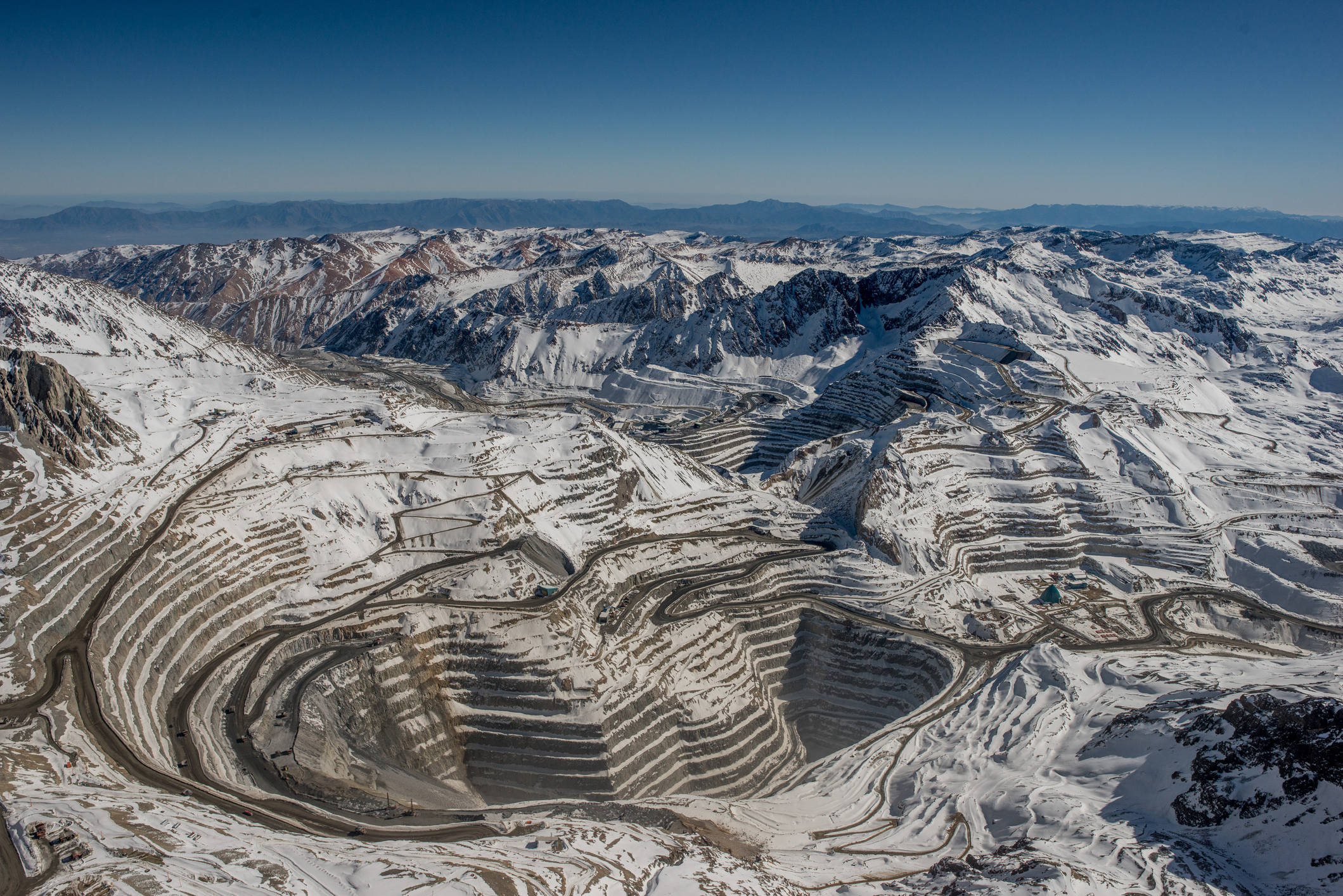Oil cartel Opec agrees deal to boost oil production – what does it mean for you?
The world’s major oil producers have agreed to significantly increase production as the price of oil soars. Saloni Sardana looks at the deal.


Get the latest financial news, insights and expert analysis from our award-winning MoneyWeek team, to help you understand what really matters when it comes to your finances.
You are now subscribed
Your newsletter sign-up was successful
Want to add more newsletters?

Twice daily
MoneyWeek
Get the latest financial news, insights and expert analysis from our award-winning MoneyWeek team, to help you understand what really matters when it comes to your finances.

Four times a week
Look After My Bills
Sign up to our free money-saving newsletter, filled with the latest news and expert advice to help you find the best tips and deals for managing your bills. Start saving today!
Oil producers’ cartel Opec and its allies (together known as “Opec+”) have struck a much anticipated deal to increase oil production to take advantage of a sharp rise in oil prices this year – without adding so much to supplies that it craters the oil price again.
The group, which includes Saudi Arabia, Kuwait, Iraq, Russia and the United Arab Emirates (UAE), will raise oil production by 400,000 barrels per day from August, and by two million barrels per day by the end of the year.
The increased output will continue until the end of December 2022, extended from the original end date of April 2022.
MoneyWeek
Subscribe to MoneyWeek today and get your first six magazine issues absolutely FREE

Sign up to Money Morning
Don't miss the latest investment and personal finances news, market analysis, plus money-saving tips with our free twice-daily newsletter
Don't miss the latest investment and personal finances news, market analysis, plus money-saving tips with our free twice-daily newsletter
Another key part of the agreement is that it allows for higher “production baselines” – measures used by countries to calculate how much their production should be cut by.
This is seen as a major victory for the UAE, which had argued that its previous baseline figure of 3.2 million barrels per day was too low. It was pushing for an increase to 3.8 million barrels.
Lower production baselines reflect lower output capabilities. The UAE wanted baseline production figures to be increased to reflect its higher output capabilities.
A disagreement between Saudi Arabia and UAE over these production baselines had been a significant sticking point in previous discussions and was part of the reason the Opec meeting was postponed earlier this month.
What does this mean for the oil industry?
Opec and its allies reached a historic output deal last April which led to a production cut of 9.7 million barrels in response to the sharp fall in oil demand caused by the Covid-19 pandemic.
The early days of the pandemic drove oil prices down to multi-year lows, with Brent crude crashing from $65 a barrel in February 2020 to just above $22 in April 2020. The price of US crude, West Texas Intermediate (WTI), even briefly turned negative.
There was scepticism as to whether countries would stick to their quotas (they often have not in the past). But with the exception of a few “laggard moments” from the likes of Iraq and Nigeria, most countries maintained a rare level of high compliance with the quotas, and some even over-cut production.
Partly as a result of this – but also as a result of economies opening back up – oil prices then reversed many of last year’s low prices and soared.
However, with the Opec+ agreement signed, the oil price slipped to its lowest level in a month this weekend.
What this means for investors
“The modest pace of output increases is a sign of lingering concern about the strength of the global recovery as Covid-19 variants continue to emerge,” according to the Financial Times. In other words, the oil cartel hasn’t let rip as much as it could have simply because it doesn’t want to flood the market with unwanted supply.
Countries including the UK have eased restrictions. But with the highly contagious Delta variant ripping across the world, there are lots of concerns that it could impede the recovery.
India is reporting significantly lower cases than during its deadly second wave, but the strain is still causing havoc across Asia, Europe and other countries, potentially derailing the reopening plans of many.
The increased production is bearish in the nearer term for oil prices as Covid-19 demand concerns coincide with a speculative market that has likely reached its peak, points out Jeffrey Halley, senior market analyst at OANDA.
But over the longer-term the agreement is likely to be bullish for the market as the agreement shows “Opec+ cohesion remains intact, without worries of a member's production free-for-all,” adds Halley.
On top of that, it’s worth noting that the other big factor in the oil supply – US fracking – is noticeably more subdued than it has been in past oil cycles. For now at least, as Bloomberg puts it, “American shale producers [are] favouring fiscal discipline over boosting output.” That’s good news for their shareholders but not necessarily good news for consumers who might be hoping for a lower oil price.
In the immediate term, the Delta variant and progress in tackling it is more likely to determine where oil prices go from here. But in the longer run, ongoing hostility to the extraction industries in the west, and ongoing discipline among Opec cartel members, suggests we’ve yet to see the highs for oil prices.
Get the latest financial news, insights and expert analysis from our award-winning MoneyWeek team, to help you understand what really matters when it comes to your finances.
Saloni is a web writer for MoneyWeek focusing on personal finance and global financial markets. Her work has appeared in FTAdviser (part of the Financial Times), Business Insider and City A.M, among other publications. She holds a masters in international journalism from City, University of London.
Follow her on Twitter at @sardana_saloni
-
 Should you buy an active ETF?
Should you buy an active ETF?ETFs are often mischaracterised as passive products, but they can be a convenient way to add active management to your portfolio
-
 Power up your pension before 5 April – easy ways to save before the tax year end
Power up your pension before 5 April – easy ways to save before the tax year endWith the end of the tax year looming, pension savers currently have a window to review and maximise what’s going into their retirement funds – we look at how
-
 What's behind the big shift in Japanese government bonds?
What's behind the big shift in Japanese government bonds?Rising long-term Japanese government bond yields point to growing nervousness about the future – and not just inflation
-
 Is the market missing the opportunity in energy?
Is the market missing the opportunity in energy? -
 Halifax: House price slump continues as prices slide for the sixth consecutive month
Halifax: House price slump continues as prices slide for the sixth consecutive monthUK house prices fell again in September as buyers returned, but the slowdown was not as fast as anticipated, latest Halifax data shows. Where are house prices falling the most?
-
 Rents hit a record high - but is the opportunity for buy-to-let investors still strong?
Rents hit a record high - but is the opportunity for buy-to-let investors still strong?UK rent prices have hit a record high with the average hitting over £1,200 a month says Rightmove. Are there still opportunities in buy-to-let?
-
 Pension savers turn to gold investments
Pension savers turn to gold investmentsInvestors are racing to buy gold to protect their pensions from a stock market correction and high inflation, experts say
-
 6 stocks to buy to invest in Latin America
6 stocks to buy to invest in Latin AmericaThe region is the world’s one-stop shop, boasting the raw materials required for the energy transition and key foodstuffs to cater for growing populations, says James McKeigue. Here’s how to profit.
-
 Where to find the best returns from student accommodation
Where to find the best returns from student accommodationStudent accommodation can be a lucrative investment if you know where to look.
-
 The world’s best bargain stocks
The world’s best bargain stocksSearching for bargain stocks with Alec Cutler of the Orbis Global Balanced Fund, who tells Andrew Van Sickle which sectors are being overlooked.
